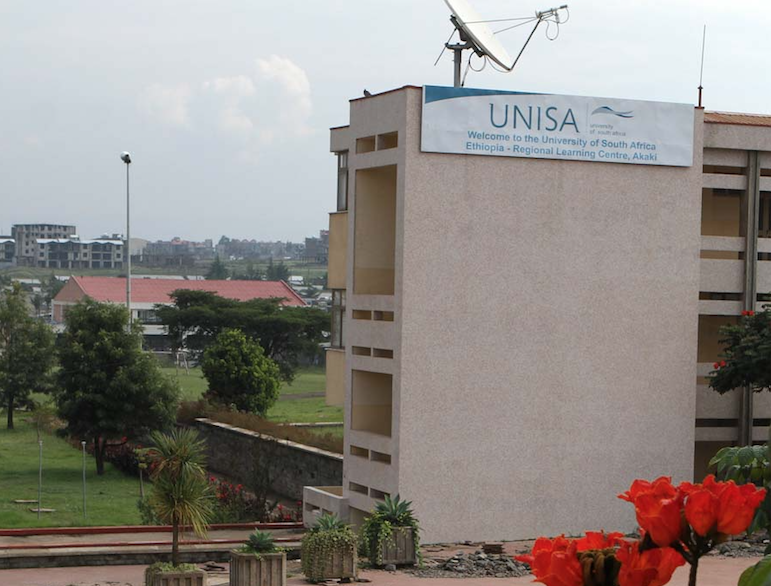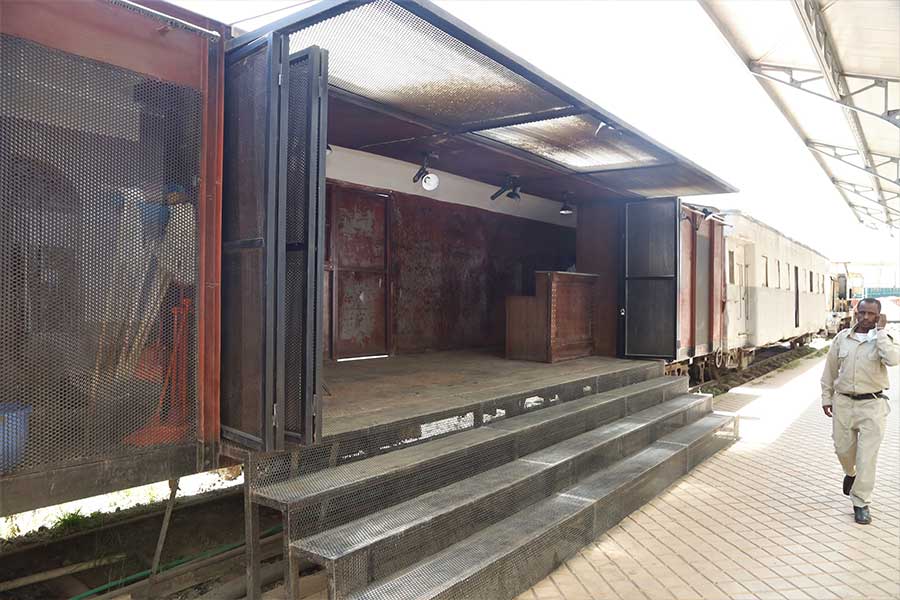
Oct 2 , 2021
Theory by itself can only go so far. In order to grow professionally, people need to practice and train relentlessly. This is especially crucial for a world that is constantly evolving and the skill sets needed in the labour market are changing by the day, writes Tadesse Tsegaye (seetadnow@gmail.com), a polyglot with experience in multicultural-cum-institutional settings in resources management.
The Greek mathematician Euclid’s Elements, written in the third century BC, was a collection of theorems and problems that formed the basis for geometry. Yet, much of it owes a great debt to the work of earlier mathematicians.
Did he copy their work?
No, but he might have received his training from the pupils of Plato in Athens. A great believer in constantly training oneself to reach mastery, Euclid is said to have told a ruler that “there is no royal road to geometry” when asked if there was not an easier way to learn it.
And yet, it is this crucial key to professionalism that higher learning institutions do not emphasise. They assume that their students can imagine a practical application of every theory they learn in class and use this knowledge to compete in the job market. Unfortunately, following college, it is routine work that welcomes many of us. Pieces of training were hard to come by and from the few available, some used to be wasted. Years ago, a friend told me how training opportunities for professional growth would be lapped up by the training manager himself, who never missed a chance to attend such events where some snacks are available.
Neither is it unheard of for heads of institutions in Ethiopia to send themselves abroad at every opportunity for pieces of training that would have served their subordinates better.
This all came to me as I watched a recent interview of a walking testimonial of the essence of training. He was an army Brigadier who had no idea what it meant to be an officer before he joined the army’s officer-training establishment in Harar. After graduating, thanks to his merit, he was selected to join further training, which attaches great emphasis to physical endurance and self-discipline.
The man fares even better on the battlefield. He became one of Ethiopia’s most admired army officers when, among others, he broke a six-month siege through a narrow pass. His unquenchable thirst for knowledge and eagerness to think outside the box have always been epitomised through his relentless push to train his army units.
Tesfaye Habtemariam (Br. Gen.) not only left a legacy on the battlefront, but he also contributed to the continuous growth of his men. As far as he was concerned, practice and constant training were needed to ensure the professionalisation of his unit and their success in their missions.
Institutions may provide employees with trainings, which is necessary to assist in achieving their mission and accomplishing their goals through developing a plan. It may include training needs assessment, an action plan showing goals, objectives, and methods by which the strategy can be realised. Hence, they may designate a recognised point of contact within the company to handle this and other training-related duties and responsibilities.
However, training is not a duty and responsibility to be left only to a specific section. It is as key as transforming oneself from a manager to a leader through continuous improvement and workers through attending trainings aimed at enhancing or increasing their work skills and abilities after a thorough identification of skills needed and those no longer necessary.
No doubt, it looks like we are facing a siege of our own given the day's challenges with advances in technology. As a leader, one is judged by the number of least effective workers reporting to oneself, which determines the fate of the institution. This does not need to be the case. But there is no “royal road” to mastering the skills of one's profession, and this is through relentless practise and training.
PUBLISHED ON
Oct 02,2021 [ VOL
22 , NO
1118]


View From Arada | Apr 22,2023

Fortune News | Oct 23,2018

Commentaries | Oct 26,2019

Fortune News | Oct 05,2019

Fortune News | Oct 31,2020

Radar | Oct 31,2022

Radar |

In-Picture | Mar 14,2021

Editorial | Jun 20,2020

Sunday with Eden | Apr 10,2021

Dec 22 , 2024 . By TIZITA SHEWAFERAW
Charged with transforming colossal state-owned enterprises into modern and competitiv...

Aug 18 , 2024 . By AKSAH ITALO
Although predictable Yonas Zerihun's job in the ride-hailing service is not immune to...

Jul 28 , 2024 . By TIZITA SHEWAFERAW
Unhabitual, perhaps too many, Samuel Gebreyohannes, 38, used to occasionally enjoy a couple of beers at breakfast. However, he recently swit...

Jul 13 , 2024 . By AKSAH ITALO
Investors who rely on tractors, trucks, and field vehicles for commuting, transporting commodities, and f...

Jul 12 , 2025
Political leaders and their policy advisors often promise great leaps forward, yet th...

Jul 5 , 2025
Six years ago, Ethiopia was the darling of international liberal commentators. A year...

Jun 28 , 2025
Meseret Damtie, the assertive auditor general, has never been shy about naming names...

Jun 21 , 2025
A well-worn adage says, “Budget is not destiny, but it is direction.” Examining t...